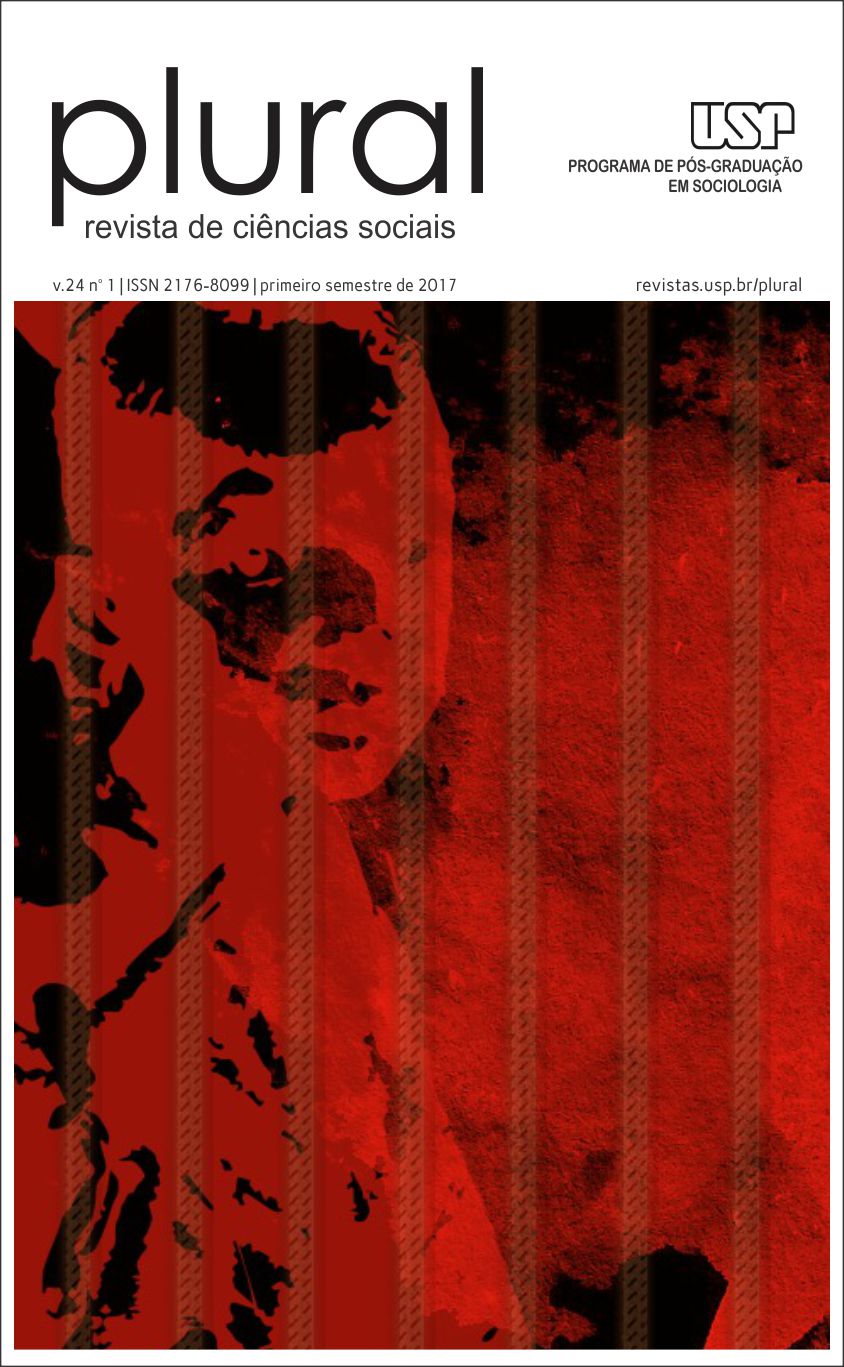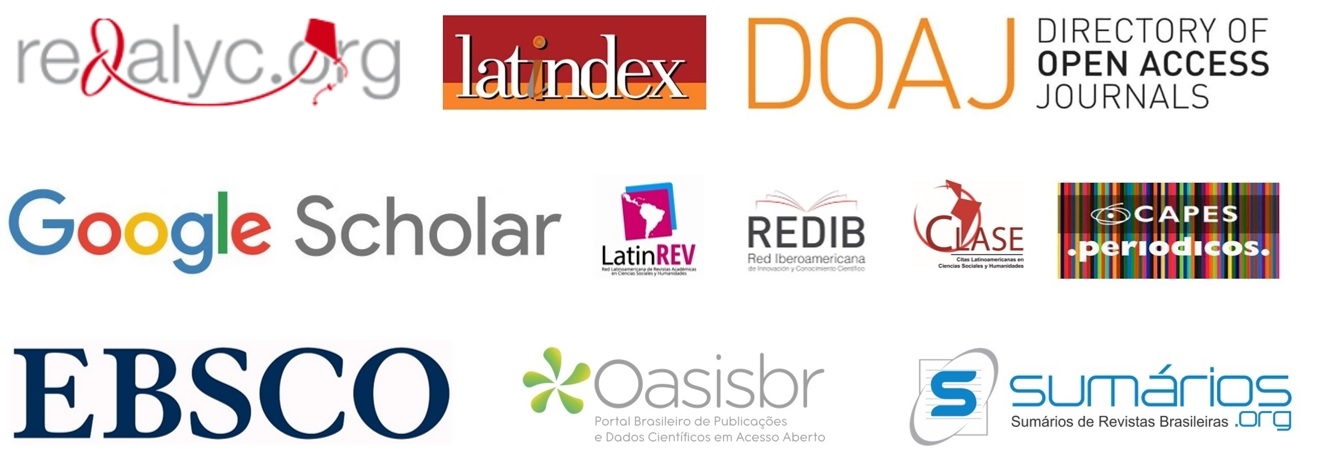“No fio da navalha”: effects of the masculinity and virility in the work of juvenile detention officers
DOI:
https://doi.org/10.11606/issn.2176-8099.pcso.2017.126635Keywords:
juvenile detention officers, masculinity, virility, suffering, process of illnessAbstract
The article aims to discuss the effects of the notion of masculinity and virility in the work and health of juvenile detention officers who work in institutions of socio-educational measures for adolescents in conflict with the law. We have started from the thinking that virility is generally considered as a positive value in society, having singular characteristics in the environment of internment. Demonstrations of courage and coldness are the ways virility finds to manifest itself in the internment, with the goal of imposing fear on adolescents and inhibiting their own fear of being attacked, but in long-term, such strategies can lead to illness and/or the banalization of violence. This situation reveals to us a strong defensive strategy of the “virile cynicism”, built by the collective of professionals, in order to minimize the experience of suffering in front of harmful working situations. Those who do not collaborate with viriles practices are targets of debauchery actions, situation that leads them to segregation. In this sense, we have noticed that the evidence of virility is shown as a way of survival for the juvenile detention officers, being understood by many of them as something necessary for the order and discipline maintenance in their workplace.
Downloads
Downloads
Published
Issue
Section
License
Copyright (c) 2017 Política de direitos compartilhados

This work is licensed under a Creative Commons Attribution-NonCommercial-ShareAlike 4.0 International License.
Ao submeter seu trabalho à Plural, o autor concorda que: o envio de originais à revista implica autorização para publicação e divulgação, ficando acordado que não serão pagos direitos autorais de nenhuma espécie. Uma vez publicados os textos, a Plural se reserva todos os direitos autorais, inclusive os de tradução, permitindo sua posterior reprodução como transcrição e com devida citação de fonte. O conteúdo do periódico será disponibilizado com licença livre, Creative Commons - Atribuição NãoComercial- CompartilhaIgual –, o que quer dizer que os artigos podem ser adaptados, copiados e distribuídos, desde que o autor seja citado, que não se faça uso comercial da obra em questão e que sejam distribuídos sob a mesma licença (ver: http://www.creativecommons.org.br/).







